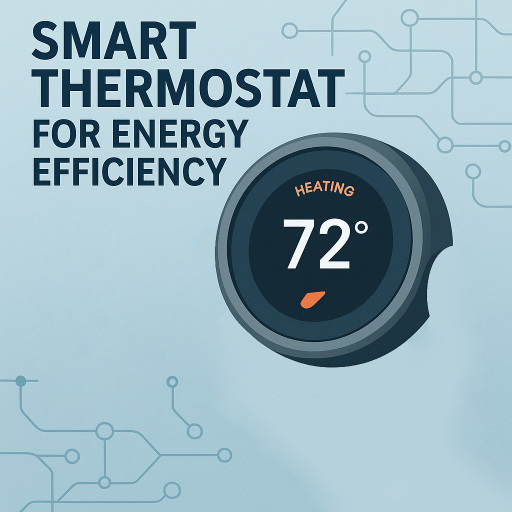Smart Thermostat for Energy Efficiency
This undergraduate research project was funded by Puget Sound Energy via the Independent Colleges of Washington to develop a smart thermostat device based on principles of lumped-parameter modeling and estimation.

Grants
-
ICW Energy Efficiency and Conservation Grant
An undergraduate student research grant funded by Puget Sound Energy through the Independent Colleges of Washington. I helped students submit a competitive research proposal.
Dr. Picone's Role: Principal Investigator
Status: Awarded
Amount Requested: $1,000.00
Amount Awarded: $10,000.00
SMU Amount: $10,000.00
Funding Agency: Independent Colleges of Washington
Submission Date: June 2015
Research Themes
Artificial Intelligence
Exploring the architectures and symbolic frameworks that underlie intelligent behavior in machines. This theme bridges classical and contemporary AI approaches—including logic, language models, and neural architectures—with a special focus on how AI systems represent knowledge, make decisions, and relate to human users. Psychoanalytic theory is used to interrogate assumptions about mind, subjectivity, and trust.
Feedback Control Systems
Designing systems that regulate themselves in the presence of uncertainty, noise, and delay. This theme focuses on classical and modern control theory, with applications in mechatronics, instrumentation, and robotics. Work includes system identification, nonlinear control, and real-time computing, often extending into philosophical questions about autonomy and agency.
Human-Computer and Human-Robot Interaction
Exploring the symbolic, embodied, and ethical dimensions of interaction between humans and intelligent systems. This theme examines the mutual shaping of humans and machines—how robotic and AI systems are interpreted, trusted, and engaged with by humans, and how those systems can be designed to accommodate subjectivity, ambiguity, and ethical asymmetry.
Robotics
Designing, modeling, and analyzing robotic systems that interact with and adapt to the physical world. This theme encompasses autonomous mobile robots, manipulation, and human-robot collaboration. Emphasis is placed on real-time operation, sensorimotor integration, and the philosophical implications of embodied agency.

